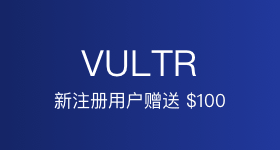Convert Numbers to Chinese Uppercase
Reading Chinese Numbers
Chinese number places include: ones, tens, hundreds, thousands, ten thousands, hundred thousands, millions, ten millions, hundred millions, billions, ten billions, hundred billions, trillion, ten trillions, hundred trillions, quadrillion, quintillion...
The term "兆" (zhào) is also used in mainland China, but its meaning varies, it could mean "million", "trillion", or "quintillion". Unlike English numbers which are arranged in groups of three (10^3, 10^6, 10^9, 10^12...), Chinese numbers, except for "thousand", are based on powers: ten times ten is hundred, hundred times hundred is ten thousand, ten thousand times ten thousand is hundred million. "Quintillion" doesn't have a specific place value, temporarily marked as "兆", so hundred million times hundred million is zhào. Therefore, the basic Chinese place values are 10, 10^2, 10^4, 10^8, 10^16...
Then there's the issue of "十" (ten) and "一十" (one-ten). Numbers from 10 to 19 and larger numbers beginning with these digits start with "十", such as 十五 (fifteen), 十万 (hundred thousand), 十亿 (billion). For numbers with two or more digits, when appearing in the middle of a number, "一十" is used, such as 一百一十 (110), 一千零一十 (1,010), 一万零一十 (10,010).
The usage of "二" and "两": 两亿 (200 million), 两万 (20,000), 两千 (2,000), 两百 (200) are all acceptable, but 20 must be 二十, and 200 is better as 二百. 22,2222,2222 is read as "二十二亿两千二百二十二万两千二百二十二".
Regarding "零" and "〇": "零" is used in numbers, while "〇" is only used in page numbers, dates, and other serial numbers. No matter how many zeros are between digits, they are read as a single "零". 2014 is read as "两千零一十四", 20014 is "两万零一十四", 201400 is "二十万零一千四百".
😉 腾讯云产品特惠热卖,戳我领取!


